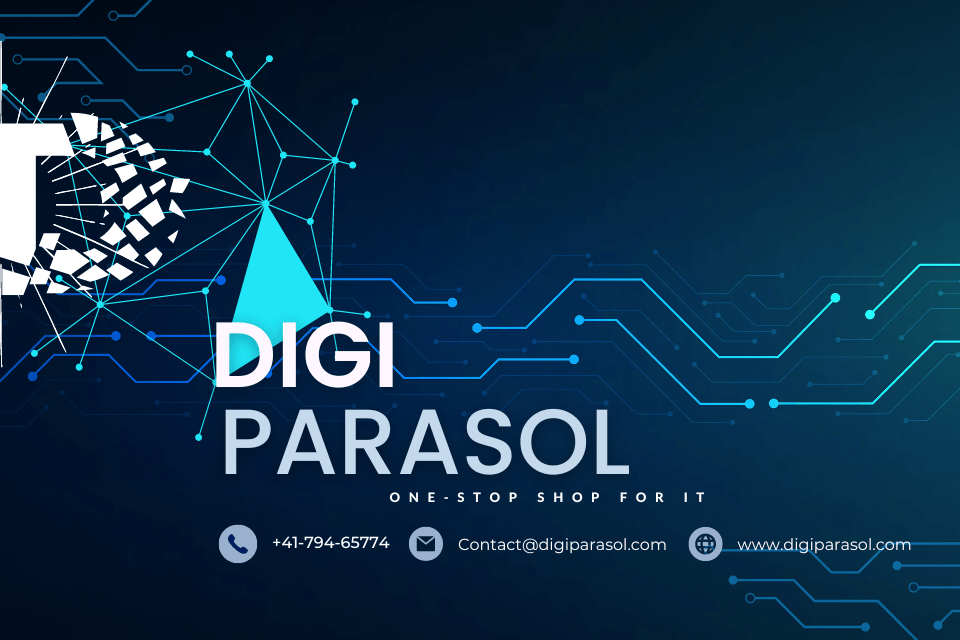**The Use of AI in Trading Psychology**
The field of trading psychology is constantly evolving, and recent advancements in artificial intelligence (AI) have opened up new possibilities for traders looking to improve their decision-making processes. AI technologies are increasingly being used to analyze market data, identify patterns, and make predictions about future price movements. In this article, we will explore the ways in which AI is being utilized in trading psychology, and how it is changing the way traders approach the markets.
1. **AI for Market Analysis**
One of the primary ways in which AI is being used in trading psychology is for market analysis. AI algorithms are able to process vast amounts of data at speeds that far exceed human capabilities, allowing them to identify patterns and trends that may not be immediately obvious to the human eye. By analyzing market data in real-time, AI systems can provide traders with valuable insights into market behavior, helping them to make more informed trading decisions.
2. **AI for Predictive Modeling**
Another important application of AI in trading psychology is in predictive modeling. By using historical market data to train AI algorithms, traders are able to create models that can forecast future price movements with a high degree of accuracy. These predictive models can be used to identify potential trading opportunities and assess the likelihood of success for a particular trade. By leveraging AI for predictive modeling, traders can gain a competitive edge in the markets and increase their chances of success.
3. **AI for Risk Management**
AI technologies are also being used to enhance risk management strategies in trading. By analyzing market data and identifying potential risks, AI systems can help traders to make more informed decisions about when to enter or exit a trade. AI algorithms can also monitor a trader’s portfolio in real-time, identifying potential risks and alerting traders to any potential problems. By using AI for risk management, traders can better protect their assets and minimize potential losses in the markets.
4. **AI for Emotion Recognition**
One of the key challenges in trading psychology is managing emotions and making decisions based on logic rather than fear or greed. AI technologies are being used to help traders recognize and manage their emotions more effectively. By analyzing factors such as voice tone, facial expressions, and physiological responses, AI systems can detect when a trader is feeling anxious or stressed. This information can then be used to provide personalized feedback and guidance to help traders make more rational decisions in the markets.
5. **AI for Personalized Coaching**
AI technologies are also being used to provide personalized coaching and support to traders. By analyzing a trader’s past behavior and performance, AI systems can identify areas for improvement and provide targeted recommendations for how to improve trading skills. This personalized coaching can help traders to overcome common psychological barriers, such as fear of failure or overconfidence, and develop more effective trading strategies.
6. **AI for Behavioral Finance**
Behavioral finance is a field of study that examines the psychological factors influencing financial decision-making. AI technologies are being used to analyze these psychological factors and provide insights into how traders can improve their decision-making processes. By leveraging AI for behavioral finance analysis, traders can gain a deeper understanding of their own cognitive biases and learn how to make more rational and disciplined trading decisions.
7. **AI for Sentiment Analysis**
Sentiment analysis is another important application of AI in trading psychology. By analyzing social media posts, news articles, and other sources of market sentiment, AI systems can gauge the overall mood of the market and identify potential trading opportunities. By using AI for sentiment analysis, traders can gain valuable insights into market sentiment and make more informed decisions about when to enter or exit a trade.
8. **AI for Trade Automation**
AI technologies are also being used to automate trading strategies and execute trades on behalf of traders. By using AI algorithms to monitor market conditions and execute trades automatically, traders can take advantage of opportunities in the markets without having to constantly monitor market data. AI-powered trade automation can help traders to maximize efficiency and execution speed, while also reducing the risk of human error in trading.
In conclusion, the use of AI in trading psychology is rapidly changing the way traders approach the markets. By leveraging AI technologies for market analysis, predictive modeling, risk management, emotion recognition, personalized coaching, behavioral finance, sentiment analysis, and trade automation, traders can gain a competitive edge and improve their decision-making processes. As AI continues to advance, we can expect to see even more innovative applications of AI in trading psychology that will further enhance the trading experience for traders around the world.
> “The integration of AI technologies in trading psychology is revolutionizing the way traders approach the markets and is paving the way for a more efficient and effective trading experience.”
References:
1. [AI in Trading: A Comprehensive Guide](https://www.investopedia.com/terms/a/artificial-intelligence-trading.asp)
2. [The Role of AI in Trading Psychology](https://www.cognitivefinance.ai/blog/how-ai-is-changing-trading-psychology)
3. [Behavioral Finance and AI](https://www.forbes.com/sites/forbestechcouncil/2020/12/16/when-behavioral-finance-meets-ai/?sh=3de8cb9b918c)


